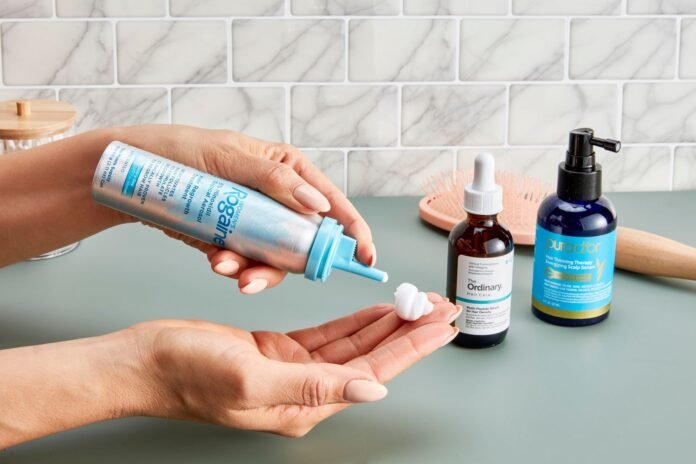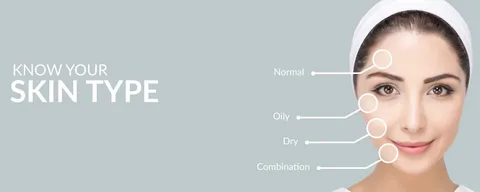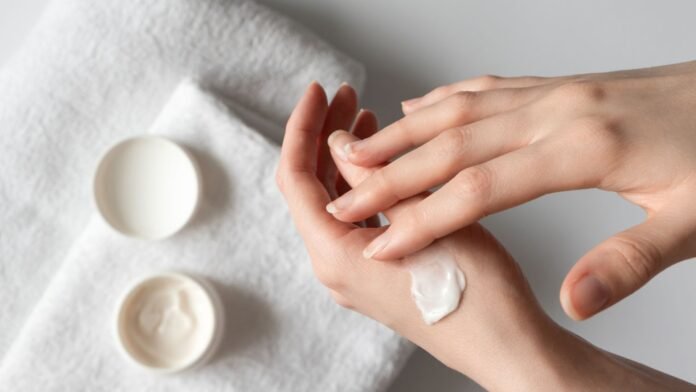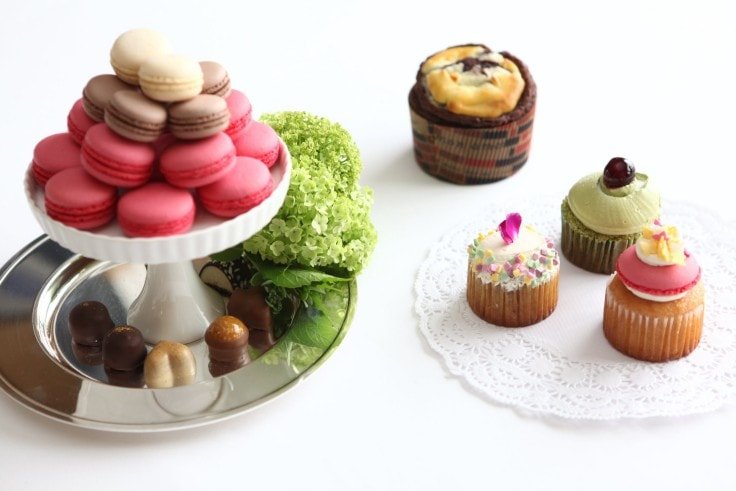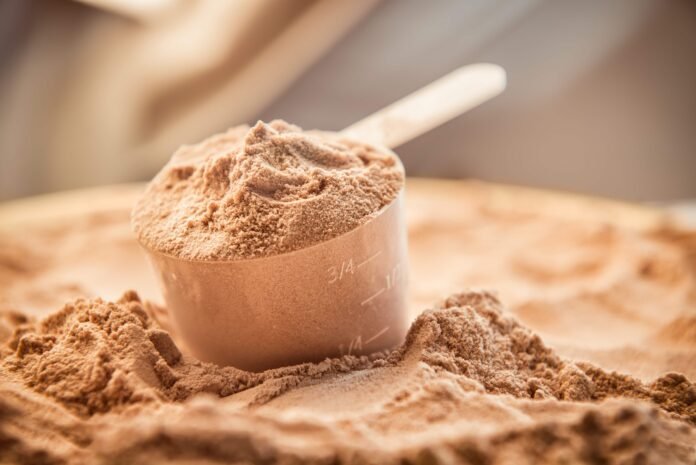Introduction
Calcium and magnesium are two essential minerals that play crucial roles in various physiological functions in the human body. While both are vital for health, many individuals do not meet their recommended daily intake through diet alone. This has led to the growing popularity of calcium and magnesium supplements. In this article, we will explore the functions of these minerals, the potential benefits and risks of supplementation, dietary sources, and guidelines for their use.
The Role of Calcium in the Body
Calcium is the most abundant mineral in the human body, primarily stored in the bones and teeth. It plays several key roles, including:
- Bone Health: Calcium is essential for the development and maintenance of strong bones. It helps to prevent osteoporosis, a condition characterized by weak and brittle bones.
- Muscle Function: Calcium is necessary for muscle contraction. When a nerve stimulates a muscle, calcium is released, allowing the muscle fibers to contract.
- Nerve Transmission: Calcium ions play a role in transmitting signals between nerve cells. This is crucial for overall neurological function.
- Blood Clotting: Calcium is vital for the coagulation process. It activates various proteins involved in clot formation.
- Hormonal Secretion: Calcium is involved in the release of hormones and enzymes that are essential for various bodily functions.
Recommended Daily Intake
The recommended daily intake of calcium varies by age, gender, and life stage. The National Institutes of Health (NIH) suggests the following daily intakes:
- Adults (19-50 years): 1,000 mg
- Women over 50 and men over 70: 1,200 mg
- Teens (14-18 years): 1,300 mg
The Role of Magnesium in the Body
Magnesium is the fourth most abundant mineral in the body and is involved in over 300 biochemical reactions. Its primary functions include:
- Bone Health: Like calcium, magnesium contributes to bone structure and health. It helps convert vitamin D into its active form, which is necessary for calcium absorption.
- Energy Production: Magnesium plays a key role in the conversion of food into energy. It is a cofactor in ATP (adenosine triphosphate) production, the energy currency of cells.
- Muscle and Nerve Function: Magnesium is critical for muscle relaxation and nerve transmission. It helps to prevent muscle cramps and spasms.
- Regulation of Blood Pressure: Magnesium helps to regulate blood pressure and supports cardiovascular health by promoting vasodilation.
- Mood Regulation: Some studies suggest that magnesium may play a role in mood regulation and could potentially alleviate symptoms of depression and anxiety.
Recommended Daily Intake
The recommended daily intake of magnesium also varies.
- Adult men (19-30 years): 400 mg
- Adult men (31 years and older): 420 mg
- Adult women (19-30 years): 310 mg
- Adult women (31 years and older): 320 mg
Dietary Sources of Calcium and Magnesium
To meet daily mineral requirements, individuals should focus on a balanced diet rich in calcium and magnesium. Here are some excellent dietary sources for each mineral:
Calcium Sources
- Dairy Products: Milk, cheese, and yogurt are among the richest sources of calcium.
- Leafy Greens: Kale, collard greens, and broccoli are good plant-based sources.
- Fortified Foods: Many cereals, plant-based milk alternatives, and juices are fortified with calcium.
- Fish: Canned fish with bones, such as salmon and sardines, provide calcium.
Magnesium Sources
- Nuts and Seeds: Almonds, cashews, and pumpkin seeds are excellent sources of magnesium.
- Whole Grains: Brown rice, quinoa, and whole wheat bread contain significant amounts of magnesium.
- Legumes: Beans, lentils, and peas are not only high in protein but also magnesium.
- Dark Chocolate: A delicious source of magnesium, dark chocolate with a high cocoa content provides a substantial amount.
The Need for Supplements
Despite the availability of these minerals in food, many people struggle to meet their daily requirements. Factors that contribute to insufficient intake include:
- Dietary Restrictions: Individuals with lactose intolerance, vegans, or those following restrictive diets may have difficulty obtaining enough calcium and magnesium.
- Increased Needs: Certain life stages, such as pregnancy and lactation, increase the body’s requirements for these minerals.
- Absorption Issues: Conditions like celiac disease, Crohn’s disease, and gastrointestinal surgeries can impair mineral absorption.
- Aging: Older adults may have decreased dietary intake or absorption, leading to deficiencies.
Types of Calcium Supplements
Calcium supplements come in several forms, including:
- Calcium Carbonate: The most common and cost-effective form, best absorbed when taken with food.
- Calcium Citrate: More easily absorbed, especially by those with lower stomach acid levels; can be taken on an empty stomach.
Types of Magnesium Supplements
Magnesium supplements also vary in form:
- Magnesium Oxide: Commonly used but less bioavailable than other forms.
- Magnesium Citrate: More easily absorbed and often recommended for improving digestive health.
- Magnesium Glycinate: A well-absorbed form that may help with sleep and relaxation.
Benefits of Calcium and Magnesium Supplements
- Bone Health: Calcium and magnesium supplements can help prevent or treat osteoporosis and maintain bone density, especially in postmenopausal women.
- Muscle Function: They can reduce the frequency of muscle cramps and improve overall muscle function, particularly in athletes and those engaged in strenuous physical activity.
- Cardiovascular Health: Both minerals play roles in maintaining heart health and regulating blood pressure. Supplements may help those with deficiencies.
- Mood Enhancement: Some studies indicate that adequate magnesium intake may help alleviate symptoms of depression and anxiety, improving overall mental well-being.
Does this supplement have side effects?
Calcium:
- Gastrointestinal Issues: Common side effects include constipation, bloating, gas, and nausea, especially with high doses.
- Kidney Stones: Excessive calcium intake may increase the risk of developing kidney stones.
- Hypercalcemia: Overconsumption can lead to elevated calcium levels in the blood, causing symptoms like fatigue, confusion, and muscle weakness.
Magnesium:
- Gastrointestinal Discomfort: Diarrhea is a common side effect, particularly with magnesium oxide or other less absorbable forms.
- Nausea and Vomiting: High doses can lead to nausea and an upset stomach.
- Hypotension: Excessive magnesium can lower blood pressure, potentially causing dizziness or fainting.
- Hypermagnesemia: High levels of magnesium in the blood can lead to serious complications, including cardiac issues and respiratory distress, particularly in individuals with kidney problems.
General Considerations
- Dosage: Always adhere to recommended dosages to minimize risks.
- Consultation: It’s important to consult a healthcare provider before starting supplements, especially if you have underlying health conditions or are taking other medications.
Risks and Considerations
While calcium and magnesium supplements can provide health benefits, there are also potential risks:
- Overconsumption: Excessive intake can lead to hypercalcemia or hypermagnesemia, which can cause various health issues, including kidney stones or cardiac problems.
- Interactions with Medications: Calcium and magnesium can interfere with the absorption of certain medications, such as antibiotics and osteoporosis medications. It’s essential to consult a healthcare provider before starting supplementation.
- Gastrointestinal Issues: Some individuals may experience digestive discomfort, diarrhea, or constipation when taking supplements, particularly with magnesium.
- Not a Substitute for a Balanced Diet: Supplements should not replace a well-rounded diet. Whole foods provide additional nutrients and benefits not found in supplement form.
Here are some common questions regarding calcium and magnesium supplements:
1. What are the primary benefits of taking calcium and magnesium supplements?
The primary benefits of calcium and magnesium supplements include improved bone health, reduced risk of osteoporosis, enhanced muscle function, and better nerve transmission. They also support cardiovascular health and may help regulate mood and energy production.
2. Who might need calcium and magnesium supplements?
Calcium and magnesium supplements may benefit postmenopausal women, older adults, individuals with dietary restrictions (like vegans or those with lactose intolerance), and those with certain medical conditions that impair nutrient absorption. Pregnant or nursing women and athletes may also require supplementation due to increased mineral needs.
3. Can calcium and magnesium supplements interact with medications?
Yes, calcium and magnesium supplements can interact with certain medications, such as antibiotics, bisphosphonates, and some blood pressure medications, potentially reducing their effectiveness. It’s essential to consult a healthcare provider before starting supplements to avoid these interactions.
4. Should I take calcium and magnesium together, or at different times?
Calcium and magnesium can be taken together, as they often complement each other’s roles in the body. However, some individuals may benefit from taking them at different times to enhance absorption, especially if they experience gastrointestinal discomfort. It’s best to consult a healthcare provider for personalized advice.
Conclusion
Calcium and magnesium are vital for maintaining overall health, with significant roles in bone health, muscle function, and various biochemical processes. While dietary sources are ideal, supplements can be beneficial for those who may not meet their needs through food alone. However, it is crucial to approach supplementation with caution, considering potential risks and consulting with a healthcare professional. By understanding the importance of these minerals and how to incorporate them into our lives, we can support our health and well-being effectively.





